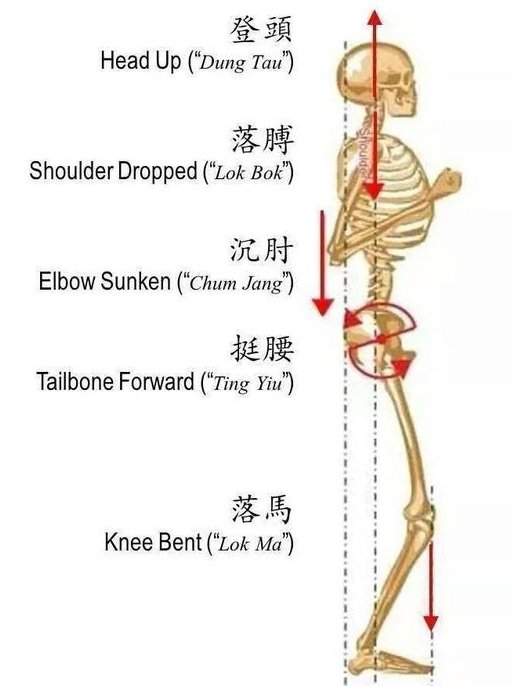
Figure 1 - Wing Chun Posture Illustrated
I've spent a number of posts introducing Qi Gong concepts. The reason I have done this, is because the Wing Chun stance is a Qi Gong stance.
The primary objective of the stance is to teach you how to 1. Release Energy and 2. Relax Tension, so you can allow for a free flow of energy within your body, so you can train the Internal.
Internal training is very different to External training, which I'll discuss in later posts. For now, let's go over the high level physical attributes of the stance first.
Knee Bent
Stand evenly with feet about a foot apart. Do not lock in the knees, but instead have a slight bend where the joint can freely rotate.
As you do this you should feel the energy drop from your legs into the floor through your feet.
Tailbone Forward
Don't tuck right under or you'll end up hurting your back. Allow tailbone to naturally point to the floor where you feel a straightening of the lower back.
Have a partner push on you and notice you can use the hip to direct energy into the floor, so you remain standing instead of being pushed off balance. This is known as sinking the Qi.
Connect the hip or Kua to the floor.
Elbow Sunken
To discover Elbow Energy used in Tan Sau and Fuok Sau, you need to learn to sink the Qi in the elbow.
Shoulder Dropped
Drop the shoulders away from the ears. Connect the lumbar spine to the thoracic like a broom handle is within the torso.
Head Up
Feel as though balloons are lifting your crown. Now connect the tailbone to the top of the skull with an energetic feeling. Contine and energetically connect all the way to the ground if you can.
Scanning Exercise
Go back over my old posts to find the scanning exercise. Practice in your new stance.
Up Voting
Hit the upvote button if you like this post, or this post has helped you in anyway. This not only helps me, but also helps more people to learn about Wing Chun Qi Gong.
Sincerely,
Sifu Jordan
(Don't Worry, Relax, Be Happy, Concentrate and Do Your Best)